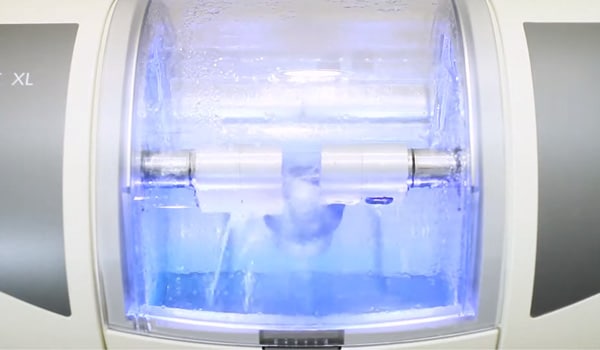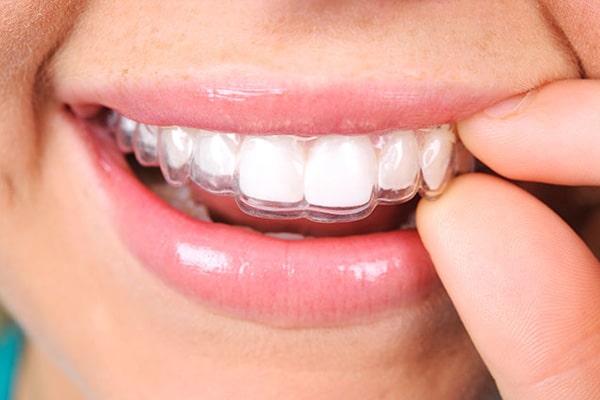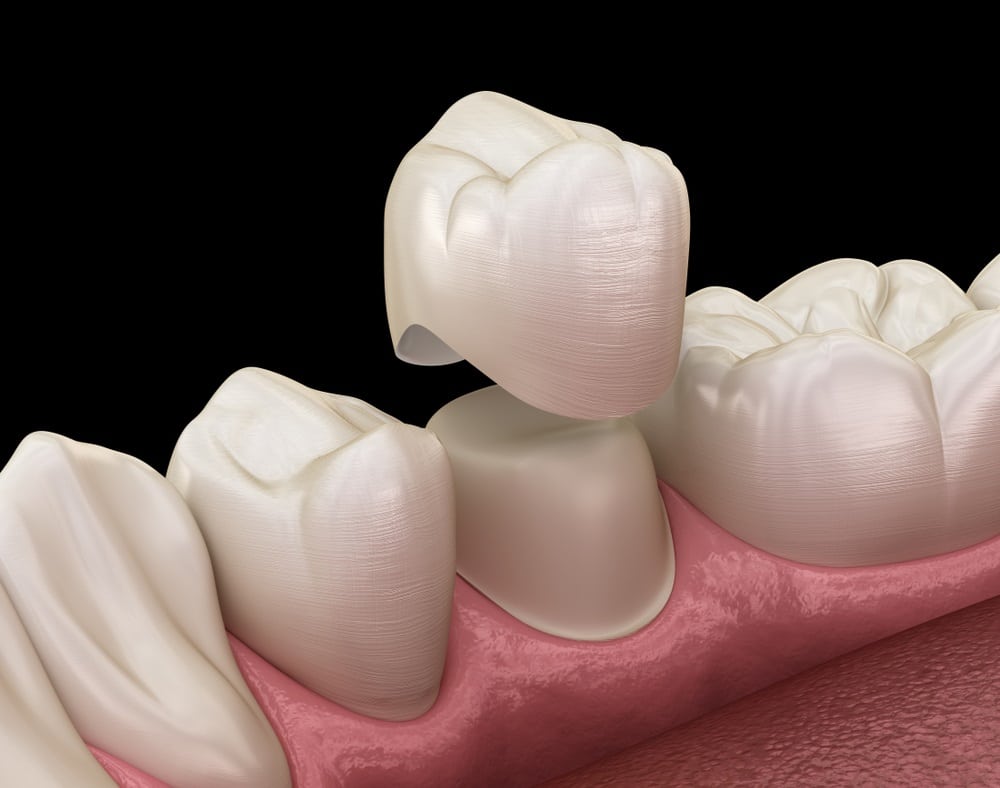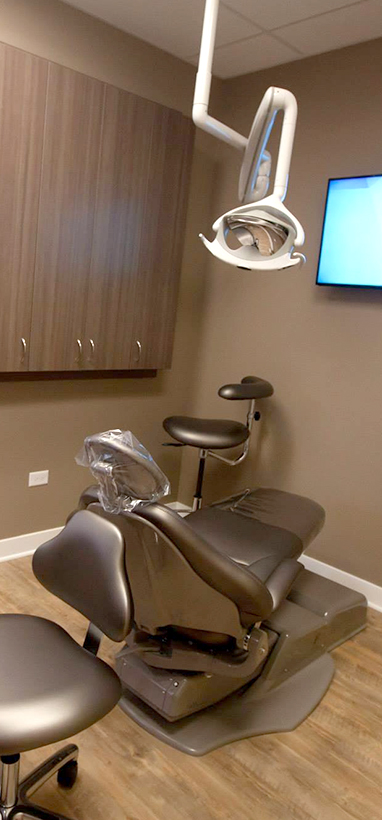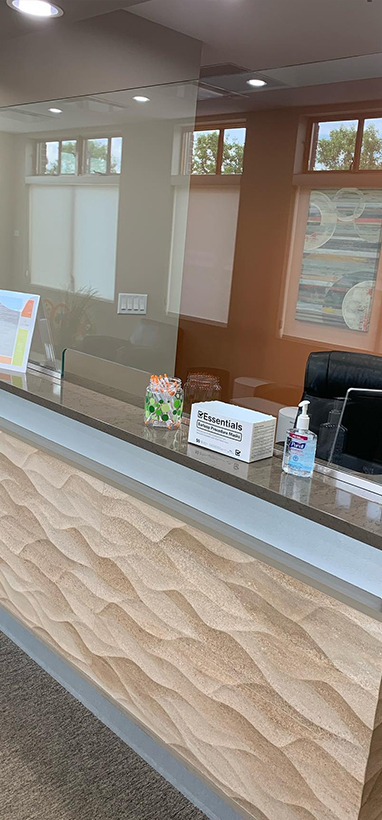1516 Legacy Cir, Naperville, IL 60563
Tooth Extraction 101: Important Things You Need To Know
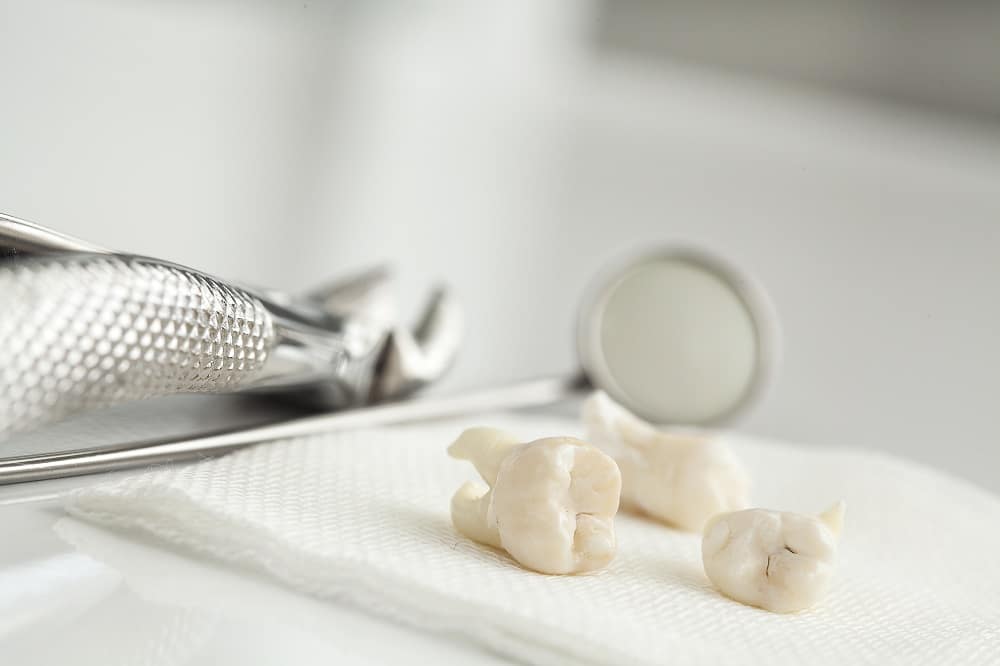
Tooth extraction is often a last resort procedure that involves the physical removal of a tooth. Good dentists, like our team at Living Well Dental, will always do everything we can to save your teeth and ensure they’re healthy and functional for many more years – but it’s sometimes not possible.
Sometimes, in fact, tooth extraction is a procedure that is hugely beneficial to the patient. It all depends on your individual circumstances and needs.
Let’s take a look at some of the most common reasons for tooth extraction, what you can expect if you’re about to undergo the procedure, and how to care for your mouth afterwards.
Reasons for Tooth Extraction
Tooth extraction is a method typically used by dentists to remove a tooth that is beyond repair. In some instances, however, tooth extraction may be performed to provide relief to a patient who has a medical issue relating to their teeth or perhaps needs their bothersome wisdom teeth removed.
The two most common reasons for tooth extraction are:
1. Removing Wisdom Teeth
Wisdom teeth grow right at the back of your gums and come through much later in life.
By the time those wisdom teeth start appearing, the 28 adult teeth you already have are firmly in place. That means there often isn’t enough room for the teeth to grow properly. As a result, tooth extraction ensures your existing adult teeth are not damaged or placed under pressure. You’ll know if you need to see a dentist about your wisdom teeth if you feel pain from the back of your jaw, and they appear visibly impacted (meaning they are stuck or only partially emerged).
2. Removing Teeth Damaged by Decay
A tooth damaged by decay can often be saved, but if the infection has permeated the enamel, reached through the pulp and killed the nerves in the root of the tooth, then it will need to be extracted. Professional dentists can ensure you experience a seamless extraction experience, with quality aftercare to prevent a tooth extraction infection.
Does Tooth Extraction Hurt?
Tooth extraction pain is real. Any dentist will tell you that, and no matter how good it is, there will always be some pain or discomfort involved in the process. The key is performing the procedure properly so that the discomfort is short-lived and manageable with medication and rest. It should also be noted that the pain or discomfort experienced is usually following the extraction. The procedure itself is performed with a local anesthetic so other than the sting of the needle you should not feel anything other than pressure during the actual procedure.
So how long does pain after wisdom tooth extraction last? Well, it shouldn’t be too long until the most severe pain disappears. You’ll be given pain medication that numbs much of the pain on the day of the procedure, and it may be 24 hours until the discomfort dies down. It can, however, take a couple of weeks before you fully recover from the extraction. The pain will disappear but the discomfort may remain in a limited way for as long as you are maintaining the wound left behind.
What Does Healing from Tooth Extraction Look Like?
Tooth extraction recovery can take two weeks or more, and there is a very specific process that you should expect. Here’s how it goes:
Day 1
This is when the blood will start clotting and the body will start the process of healing the wound left behind after the tooth extraction. If it is a wisdom tooth, the goal is to ensure that there is a clean and normal socket after tooth extraction that eventually heals over. If you’re having further surgery to replace teeth – like dental implants – it might be different.
Day 2 and 3
This is where the swelling in your cheeks and mouth should start to get better. Be aware, though – the swelling around your mouth can be fairly significant during this early stage.
Day 7
At the end of the first week, your dentist will be able to remove any stitches that you might have remaining, unless they are dissolvable.
Day 10
Around day 10, stiffness in your jaw should start to ease off and you’ll begin to feel like your face and mouth are almost back to normal. In the days following, you should return entirely to normal.
Day 14
After around two weeks, any bruising around your face will have disappeared.
So when asking: what should a tooth extraction look like when healing? The answer is…not great, at first! Your face swells up, it can be hard to eat for a couple of days, and in some instances, there may be bruising.
Tooth Extraction Aftercare
It’s important that you take time to rest and properly care for the wound left behind after tooth extraction. If you don’t, you could risk infection and further complications. Your dentist will use a gauze pad to fill the wound for at least the first few hours, which can then be removed. Your dentist will let you know about this on the day of your extraction.
You can apply ice to the area surrounding your tooth, externally, to help ease the pain. Be sure to use the ice bag intermittently, however, as you can cause tissue damage by keeping your face too cold. Your biggest considerations during the healing period then become the foods that you eat, and other environmental factors that may cause trauma or damage to the healing wound.
What to Eat After Tooth Extraction
Eating can be difficult after tooth extraction because of the swelling. The risk of causing direct irritation to the wound can also be substantial, which is why you should stick to basic foods. Some good options are soup, yogurt, and even pudding and applesauce.
As long as it isn’t too complicated, and it is soft and does not require much in the way of chewing, you should be OK!
Remember to rinse your mouth out after eating, too, to ensure no excess food is stuck in your teeth or near the healing wound.
Smoking After Tooth Extraction
Smoking is not a good idea after having a tooth extraction. Most dentists will recommend that you avoid smoking until it is totally healed, but if you can’t wait that long, you should make sure you hold off at least for the first 72 hours. This allows blood clots to start forming and to get the healing process well underway before you cause further inflammation or irritation around the wound by smoking.
Talk to Our Naperville, IL Experts to Book Your Procedure Today
At Living Well Dental, we have a team of friendly and experienced dentists who are happy to walk you through the full tooth extraction process. We’ll put you at ease and perform a full assessment to find out what procedure or treatment is right for you.
For more information, don’t hesitate to get in touch with our team. Alternatively, you can quickly and easily book your appointment online!



